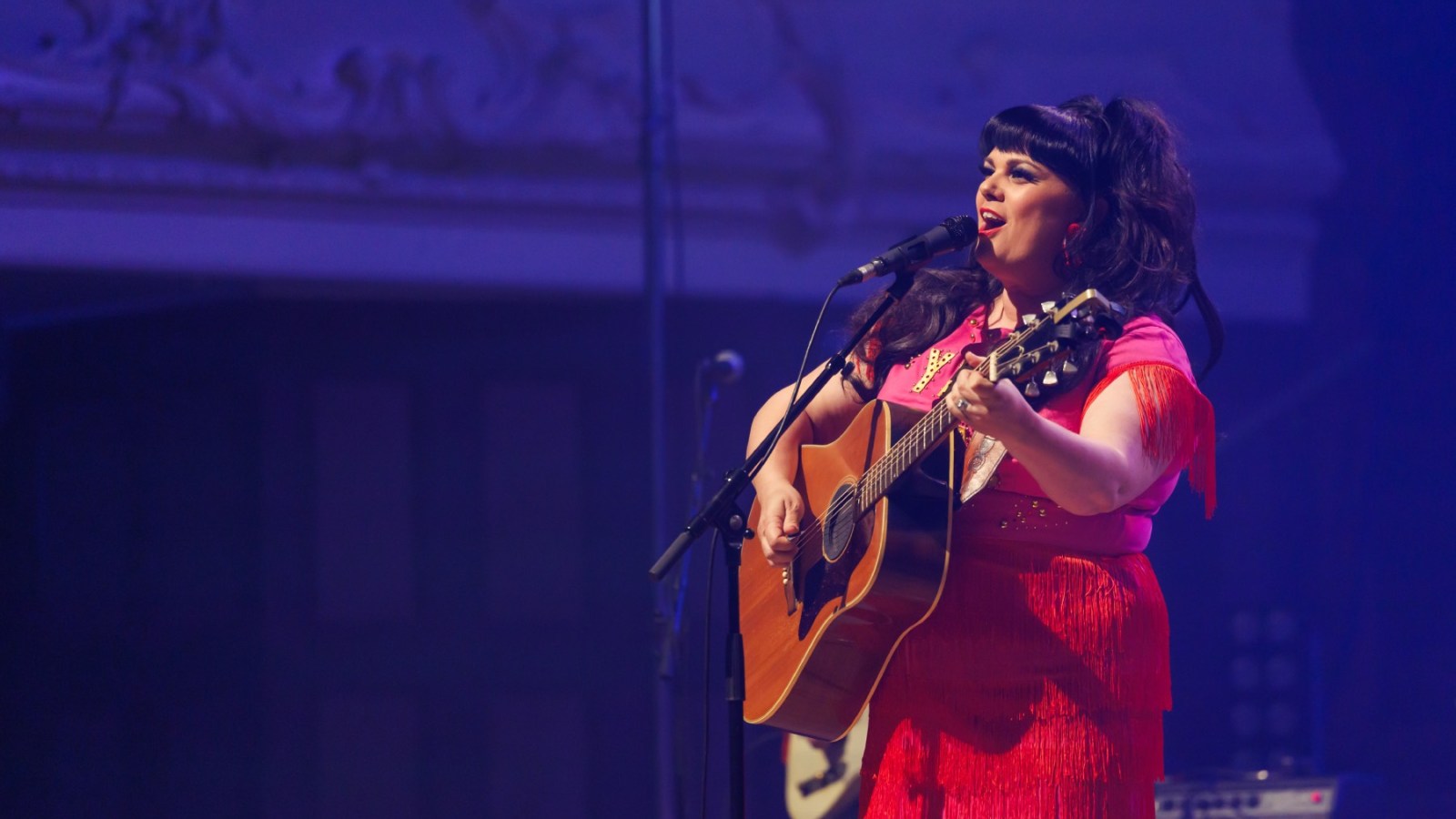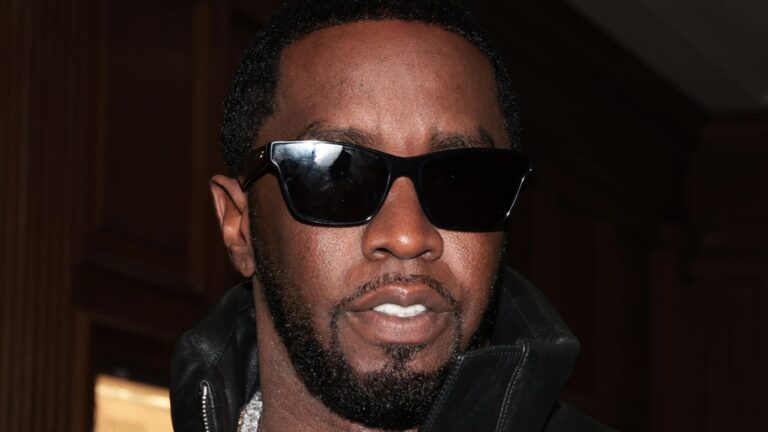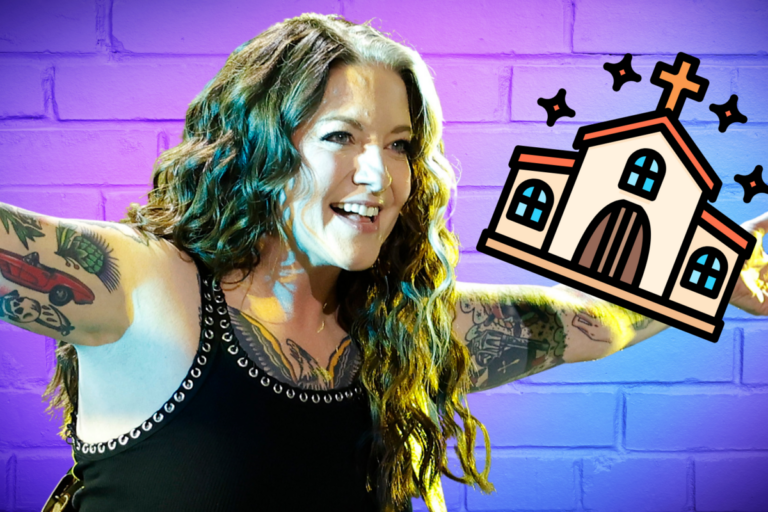About 15 years into a career as a country-noir singer-songwriter, Tami Neilson received some good news last week. Her latest album, Neon Cowgirl, had broken into the Top 10 of the Americana Music Association’s radio chart, joining records by Mumford & Sons, Tyler Childers, and Alison Krauss & Union Station. But as quickly as the high came, it dissipated, when word came that the congressional funding for precisely the kind of radio stations that champion Neilson’s genre and helped her climb that chart was being taken away.
“When I heard the news [about the chart], it was complete joy and gratitude and appreciation for the community that plays my music,” Neilson says from her New Zealand home. “And from there to get the news that they’re being defunded was an absolute gut punch after decades of climbing this mountain.”
Two weeks ago, Congress approved President Trump’s plan to pull back funding for public broadcasting — just the latest chapter, as RS reported, in Trump’s attacks against media companies who don’t cover his administration to his liking. As many in the music world are beginning to learn, the cuts will soon start impacting public radio stations devoted to, among other genres, American roots music. Simply put, deprived of funds, the songs may come to a permanent end.
To play songs on the air, radio stations must fork over music licensing fees that have traditionally been paid for by the Corporation for Public Broadcasting (CPB), the nonprofit that helps fund public radio and TV. As a result of the Trump-pushed cuts, more than $1.1 billion that had been allocated to the CPB for next year and 2027 “will be withdrawn,” according to the organization. Those radio stations also rely on donors to fund the licensing fees, but a good chunk of the CPB-supplied cash needed for the fees is now gone. On Aug. 1, the CPB itself announced it would “begin an orderly wind-down of its operations following the passage of a federal rescissions package.”
At present, the CPB doles out grants to several dozen public radio stations around the country that specialize in Americana music (as well as more than 100 Triple A radio stations that play Americana as well as other genres). One is Nashville’s WMOT, whose playlists include everything from Childers and classic alt-country from Gram Parsons to blues and gospel records. According to Jessie Scott, the station’s program director, WMOT needs roughly $200,000 to cover the fees to play their preferred tunes. “Without that license, you can’t play music, and we obviously don’t want that to happen,” Scott says. “We want to be the first rung on someone’s steps up the ladder.”
A drop-off in the number of DJs would also impact the Folk Alliance International (FAI) Folk Chart, which has been tabulating and ranking releases in the genre for more than 25 years. The chart relies on tallies from community and non-commercial stations, all supplied by DJs (and listeners). “Community radio stations are an outlet for discovery and a way for local communities to hear artists who aren’t played on commercial stations,” says FAI executive director Jennifer Roe. “Some of these stations won’t be able to sustain their business, and DJs won’t have an outlet for sharing the musical locally to that community.”
The local stations don’t merely play artists’ records but also host live sessions and alert listeners to when a band or musician will be playing nearby. “For artists who don’t write hits, the local NPR stations help touring artists and introduce us to people who potentially could be with us for a whole career,” says Mary Gauthier, a veteran singer-songwriter. “It’s scary that this reduced funding could cripple those stations. It’s cutting a lifeline. AI Is bad news, too, but not like this.”
Gauthier, who is gay, also wonders if the government defunding is a way of tamping down artists who don’t agree with the current administration. “The general public wouldn’t think of it, but of course it’s going to silence artists, because we won’t have that platform and the opportunity to reach large numbers of people who listen to public radio stations,” she says. “Speaking our minds is a big deal, and most of us speak our minds through our songs.”
As with WMOT, some stations are attempting to compensate for the loss in cash by fund-raising. Another solution is hoping that wealthy patrons fond of public radio will pony up. At the moment, though, there are no clear answers, even at a time when Americana music is reaching more people — and filling more prestigious halls — than ever before. In September, the Americana Music Association will host its 25th annual AmericanaFest and awards show in Nashville.
“We’re not political,” says WMOT’s Scott. “We don’t have news. Don’t paint us with that brush. We just play the music.”



